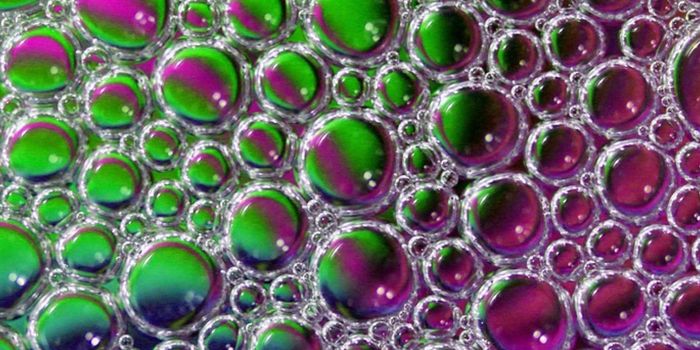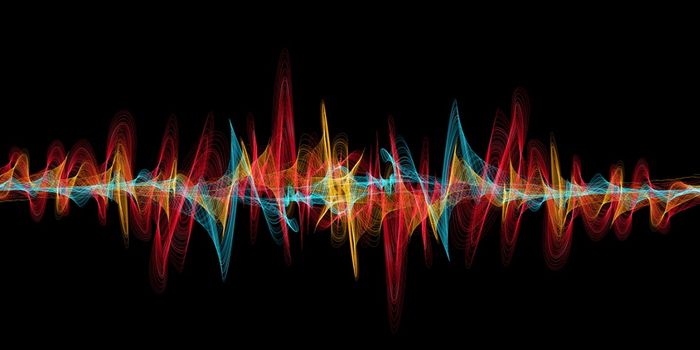Dopamine Levels Drop During Migraines
Migraine headaches are often so severe that they are incapacitating, and the pain, nausea and sensitivity to light and sound can last for days. While dopamine sensitivity and imbalances have previously been linked to migraines, new research has confirmed that during these devastating headaches, dopamine levels fluctuate and decrease. This work could aid in the development of better therapeutics; current treatments are not effective for everyone and often only reduce, and do not always relieve the pain.
The work, by scientists at the University of Michigan, has been reported in Neurology and is summarized in the video above. You can see how they use a special room to study the PET scans.
Dopamine is a special signaling chemical of the brain, a neurotransmitter, that has a host of important functions; it aids in the regulation of emotion and movement, and it has roles in reward and motivation to name a few. Some migraine treatments involve dopamine antagonists, which work by stopping receptors in the brain that bind dopamine, helping to lower their activity and mediate dopamine levels, with the goal of relieving the pain of migraines.
To learn more about the role of dopamine in migraines, the researchers utilized PET scans in order to assay brain activity and measure dopamine levels in the brains of eight healthy people and eight that suffer from migraines, while they had headaches and while they did not. When the investigators compared those measurements and observations, they found that dopamine levels were stable in the brains of migraine sufferers in between migraine attacks, but when they were experiencing a migraine, their dopamine level fell significantly.
"Dopamine is one of the main neurotransmitters controlling sensory sensitivity," explained Kenneth Casey, a Professor of Neurology at the University of Michigan. "Therefore, a drop in dopamine could produce increased sensory sensitivity so that normally painless or imperceptible sensory signals from skin, muscle and blood vessels could become painful."
The investigators observed that as patients rested when they had a migraine, dopamine levels increased slightly, and symptoms would get worse if they experienced something that normally might feel fine, like applying a warm cloth to the forehead. That phenomenon is called allodynia - an increased sensitivity or a painful sensation from stimuli not normally considered painful. It is sometimes attributed to environmental factors.
The findings are correlative, so it is still not known exactly what role dopamine has in these headaches. Considering the known roles of dopamine, those low levels during attacks may be to blame for the withdrawal and isolation often seen in patients when they experience a migraine.
"This dopamine reduction and fluctuation during the migraine attack is your brain telling you that something is not going well internally, and that you need time to heal by forcing you to slow down, go to a dark room and avoid any kind of stimulation," commented Alex DaSilva, an Assistant Professor at the University of Michigan School of Dentistry and Center for Human Growth and Development.
This work may help create better migraine treatments.
Sources: UPI, University of Michigan, Neurology








